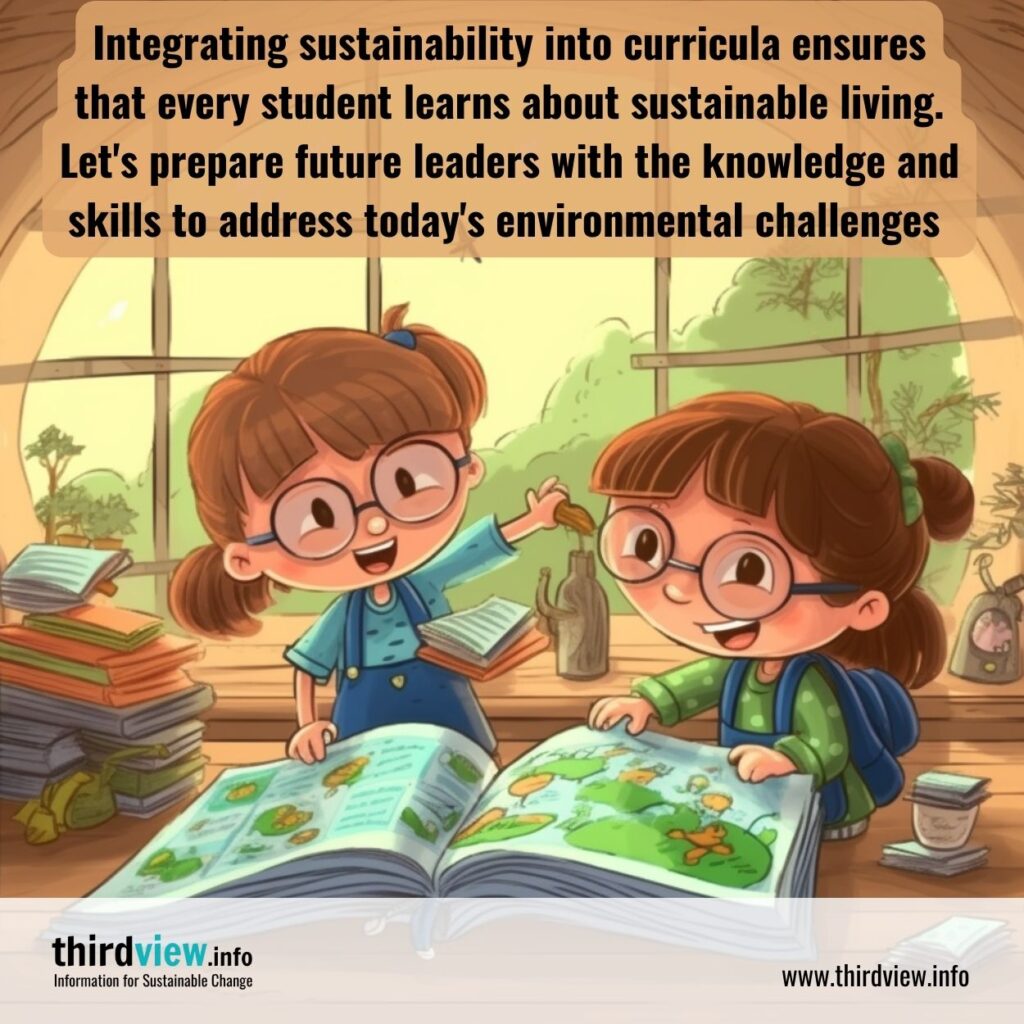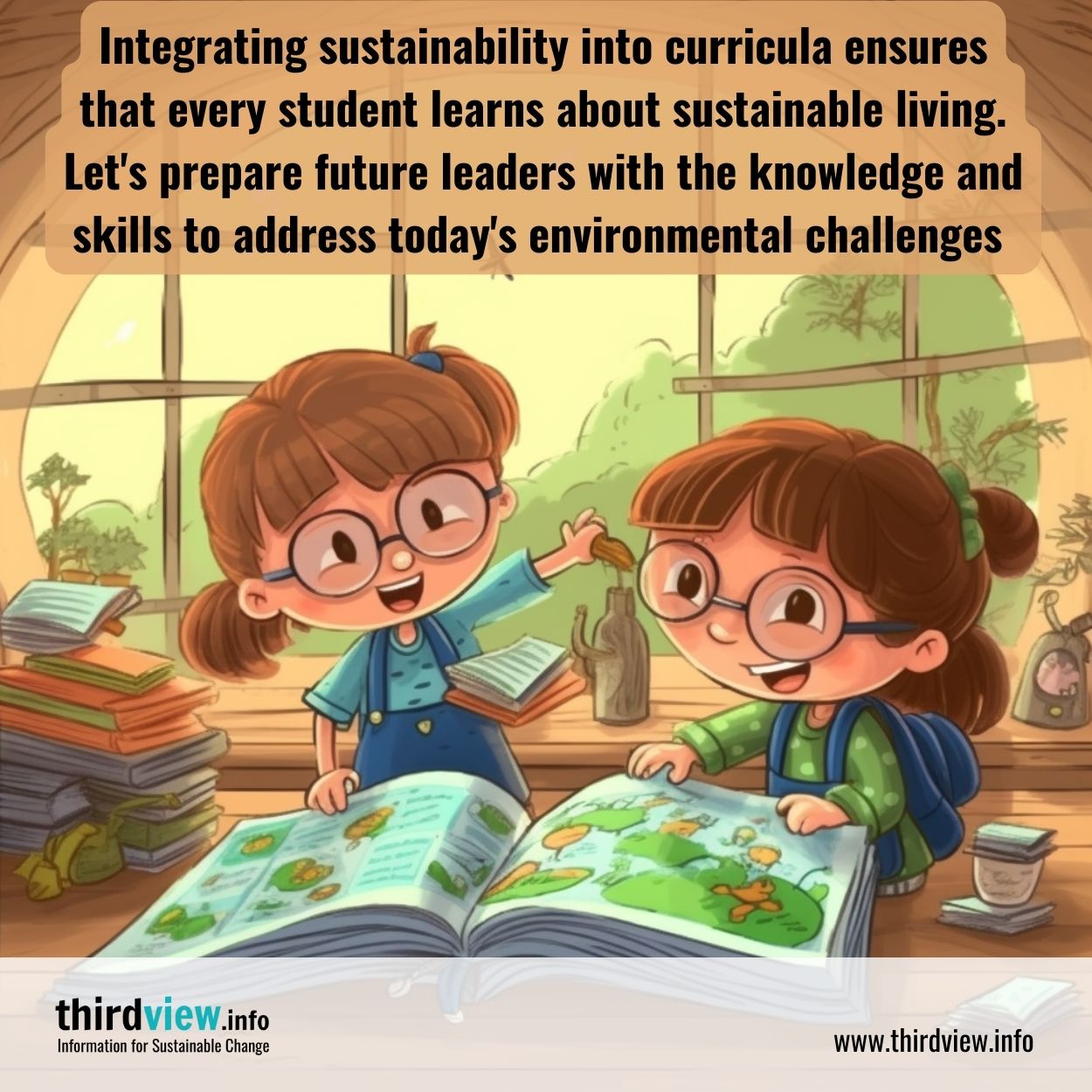With climate change on the rise and the need for sustainable living becoming increasingly apparent, there’s never been a better time to promote sustainable consumption and production patterns. However, this is easier said than done. It requires buy-in from both individuals and institutions to make a significant difference. In this blog, we explore how education can play a critical role in promoting sustainable consumption and production patterns.
Education and Awareness
One of the reasons why sustainable consumption and production patterns are not widely adopted is due to a lack of awareness. Many people are unaware of the environmental damage caused by their actions. Therefore, education is a powerful tool to raise awareness, and it’s the first step in encouraging sustainable consumption and production patterns. Educators can equip people with the knowledge and understanding of their role in climate change, how their consumption patterns impact the environment, and how they can reduce their carbon footprint. Formal education institutions, such as schools and universities, play a critical role in implementing sustainability education as they can positively impact future generations.
Fostering Values and Attitudes
Education can shape values and attitudes, which is critical in promoting sustainable consumption and production patterns. Through education, people can be taught the importance of sustainable living, which can lead to a reduction in wasteful consumption patterns. Institutions can also instil values such as empathy and responsibility in people, encouraging them to take care of the environment. These values can result in long-term behavioural changes, which are vital in promoting sustainable consumption and production patterns.
Encouraging Sustainable Lifestyle Changes
Education can also encourage sustainable lifestyle changes. Through education, people can learn about eco-friendly practices such as recycling, composting, and conserving energy. This knowledge can foster behavioural change, leading to a more sustainable lifestyle. Where possible, institutions can integrate sustainable practices into their operations, such as installing solar panels and using energy-efficient lighting. These practices can serve as models for sustainable consumption and production patterns, inspiring people to adopt similar sustainability practices.
Advocacy and Collaboration
Education can also be used to promote advocacy and collaboration, which are crucial in promoting sustainable consumption and production patterns. Educators can encourage and equip people with knowledge that enables them to advocate for sustainable living. This advocacy can take different forms such as lobbying for environmentally friendly laws and regulations, using social media to promote sustainable living, and even starting community discussion groups. Additionally, education can promote collaboration between various stakeholders, including individuals, businesses, and governments, to achieve sustainability. Through collaboration, sustainable goals become more achievable.
Integration into Curricula
Lastly, education can impact sustainable consumption and production patterns by integrating it into different educational curricula. It can be incorporated into different disciplines, such as science, economics, and humanities, ensuring that every student is aware of sustainable living. With the growing importance of sustainable living and the resulting economic, environmental and social benefits that come with it, curriculum integration will equip students with the knowledge and skills required to address the challenges of today’s world.
Education has a critical role to play in promoting sustainable consumption and production patterns. By increasing awareness, shaping values, encouraging behavioural changes, promoting advocacy and collaboration, and integrating it into curricula, education can go a long way in promoting sustainable living. Education institutions must, therefore, ensure that education is inclusive and diversified to cater to the needs and realities of different communities. Ultimately, with the right education, sustainable consumption, and production patterns can be encouraged, creating a better world for future generations.


